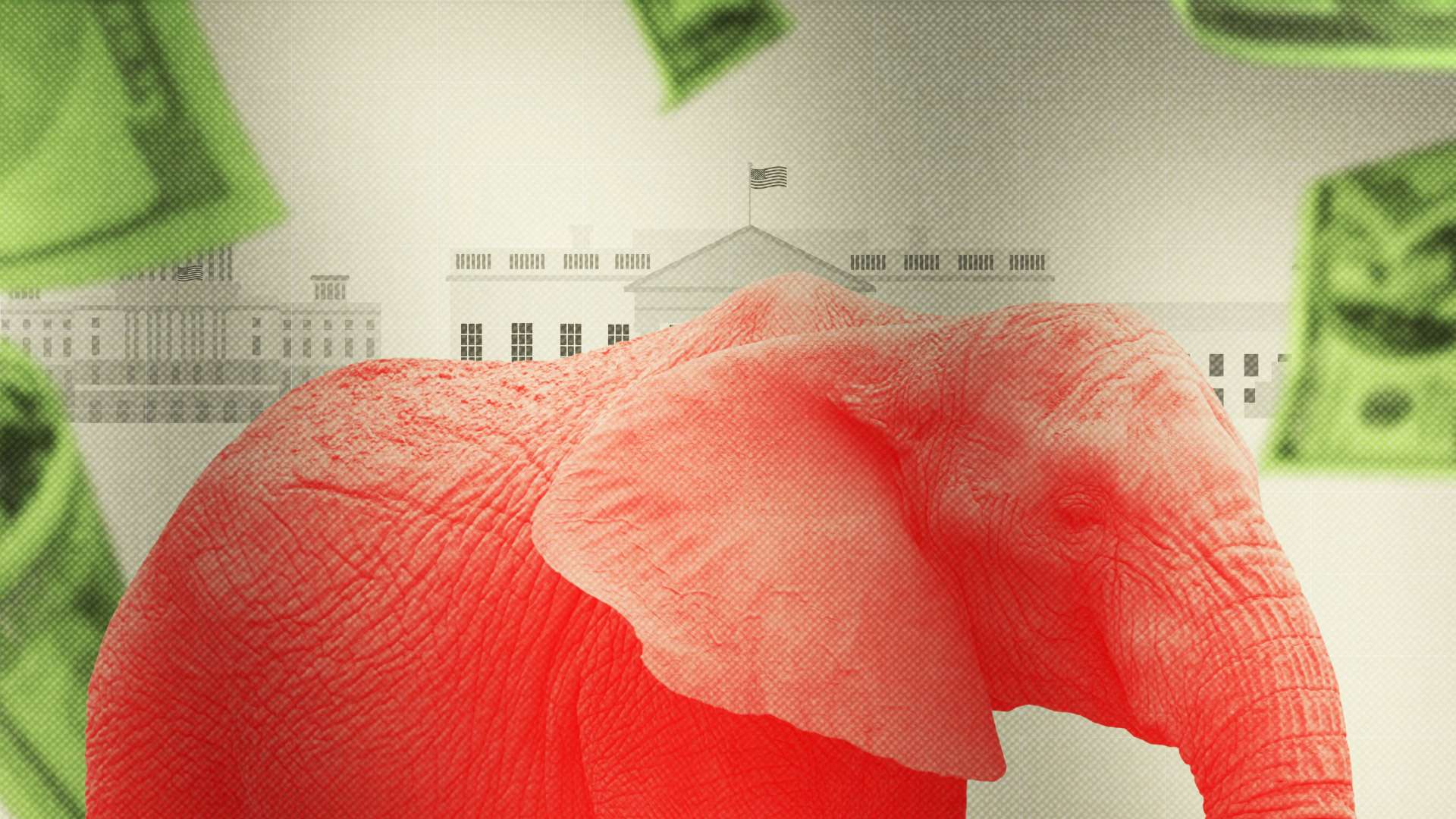Was Trump’s First Term a Fiscal Misstep? Can His Second Term Be Different?
Donald Trump’s recent election victory, alongside Republican control of both the House and Senate, positions the GOP in a critical role regarding the management of the national debt. This change in leadership brings forth not only increased responsibility but also an unprecedented opportunity to steer the government back toward fiscal responsibility. The current debt situation is alarming, resembling the size of the annual economy—with projections indicating it could reach 166 percent of gross domestic product (GDP) in the next 30 years. High interest rates are exacerbating the issue, with interest payments projected to consume 20 percent of government revenue in the coming year. This figure escalates to over 27 percent when accounting for revenues committed to Social Security, creating an unsustainable financial trajectory.
The implications of rising debt go beyond governmental concerns, directly affecting the American public. Extensive research links increasing national debt to higher interest rates, which can stifle economic growth by displacing private investment. As the government takes a more significant share of economic resources, private enterprises—pivotal for job creation and innovation—face challenges that ultimately diminish economic dynamism. These conditions compel creditors to demand higher interest rates for Treasury purchases due to the perceived risks associated with America’s escalating debt, marking a troubling turn for future fiscal health. The concerns echoed by commentators regarding large unfunded tax cuts highlight the potential for inflation to spiral, as it did in previous political cycles, intensifying the urgency for responsible financial governance.
Historically, Trump’s previous term was characterized by fiscal irresponsibility, despite campaign claims praising economic growth, low inflation, and reduced interest rates. The existing budget deficit, surpassed $1 trillion before the pandemic, suggests that unchecked spending will continue to strain the nation’s finances. However, the forthcoming administration possesses an opportunity to reverse this trajectory with disciplined leadership and reform-oriented policies. Rather than giving in to the allure of significant financial stimulus or expansive federal involvement, the Republican party must prioritize controlling the debt-to-GDP ratio, recognizing the economic growth as only one component of a multifaceted solution.
Boosting economic efficiency through deregulatory efforts and favorable tax policies can foster an environment where businesses thrive, leading to increased tax revenue. Nevertheless, merely stimulating growth will not suffice to absolve the debt crisis. Historical precedents showcase that post-war fiscal discipline and primary surpluses—revenues exceeding expenditure, excluding interest payments—were critical in reducing national debt following the Second World War. The contrast draws attention to the present situation: with the national debt markup exceeding 100 percent of GDP, achieving a sustainable fiscal environment requires more than just economic growth; it necessitates a commitment to austerity measures and financial prudence.
Despite the inevitable unpopularity of certain decisions, the future of America’s economic health hinges upon the current administration’s willingness to prioritize fiscal discipline over debt-inducing measures. If Trump aspires to be remembered not just as a president of economic fluctuations but as one committed to restoring fiscal responsibility, he must shift away from expansive government spending models. This will involve instilling trust back into market mechanisms and resisting temptations to inflate government roles in economic recovery, instead promoting a balanced approach that empowers individual initiative and responsible governance.
In conclusion, the new Republican leadership must face the pressing reality of national debt with a level-headed strategy aimed at revitalizing fiscal sustainability. The path ahead will require difficult choices that may not reap immediate popularity but are essential for the long-term economic well-being of the nation. Trump’s opportunity to reshape fiscal policy must focus on not just economic growth but also on achieving structural reforms that rein in spending, fostering an environment where market dynamics can flourish without the burden of excessive government intervention. Thus, the commitment to fiscal responsibility will be pivotal in ensuring a robust and resilient economic future for America.
Share this content:












Post Comment